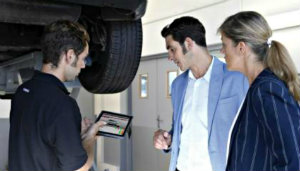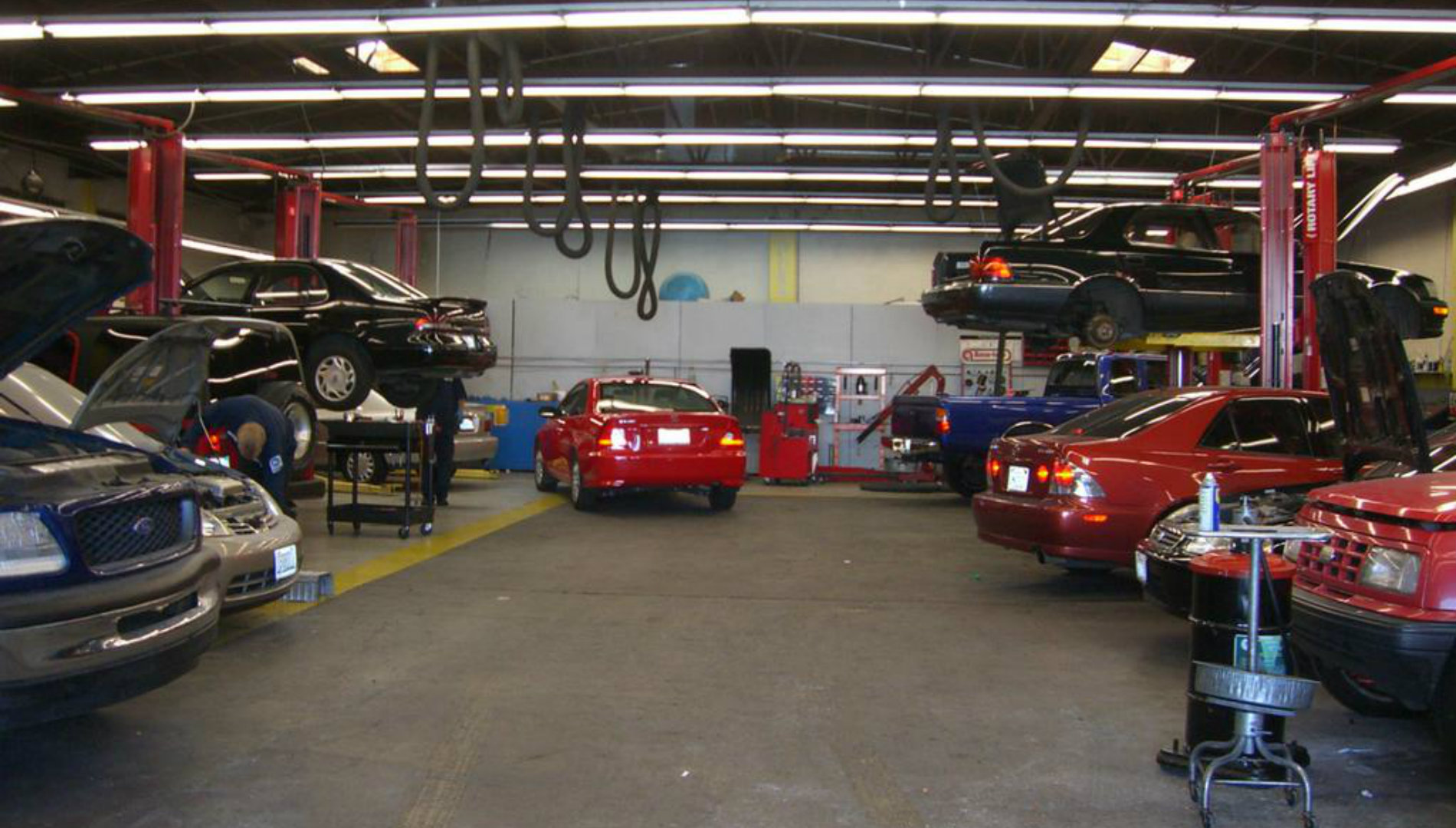We all dread the visit to the garage and we expect things to not come cheap, because let’s be honest, in the world of automotive what does? Therefore, it is so important you’re prepared so you aren’t taken advantage of.
At CarCliq, we list our essential tips to ensure you can identify the most common scams of a dishonest mechanic and then help you avoid them.
At CarCliq, we list our essential tips to ensure you can identify the most common scams of a dishonest mechanic and then help you avoid them.
1st Scam: Finding “extra faults”
If you feel confident that your car is in good condition and you’ve taken it to have its MOT, but you’ve been given a long list of repairs it “needs” to pass.
Remember some of these may be genuine repairs needed to make your car roadworthy, but some garages may add in “extra” repairs in order to charge you more.
How to avoid:
If you feel confident that your car is in good condition and you’ve taken it to have its MOT, but you’ve been given a long list of repairs it “needs” to pass.
Remember some of these may be genuine repairs needed to make your car roadworthy, but some garages may add in “extra” repairs in order to charge you more.
How to avoid:
- Ask your family and friends for what garages they use and trust, especially if they drive a similar make or model of car you drive.
- If you are new to an area, you can use online services like WhoCanFixMyCar who provide a network of approved garages by entering your location
- Another option is to take your car to a council-run MOT test centre, they usually won’t carry out repairs themselves, therefore there is no temptation to charge you more.
 2nd Scam: Overcharging for parts
2nd Scam: Overcharging for partsAll garages you come across will charge a markup on parts, as their process is to buy them wholesale, then sell them to you for a profit. However, the issue is that many people are unaware of the price of products, therefore some mechanics will take the opportunity to overcharge customers on the listed components.
How to avoid:
- If you find the cost of the replacement seems quite high, call the dealer or do your own research to make sure it’s reasonable.
- Also, get the garage to give you a quote for the planned work, therefore you know the costs beforehand (this including labour, VAT and all parts).
3rd Scam: Overwhelmed by mechanic jargon
Mechanics have been known to purposely bombard you with mechanical terms if they think your mechanical knowledge is limited, with the expected result of convincing you that work needs doing when it doesn’t.
How to avoid:
Mechanics have been known to purposely bombard you with mechanical terms if they think your mechanical knowledge is limited, with the expected result of convincing you that work needs doing when it doesn’t.
How to avoid:
- If you don’t understand something, speak up and ask the mechanic to clarify. Therefore, if the mechanic cannot explain in simpler terms what they mean, you take your car elsewhere – that being if the car is safe to drive.
- Become educated – it doesn’t hurt to know some basic mechanical terms, at least you have a rough idea then of what the mechanic is telling you.
 4th Scam: Charging for parts that haven’t been replaced
4th Scam: Charging for parts that haven’t been replacedIf you don’t give a good look at your engine or underneath the car itself, you won’t know if the parts have been replaced with brand new components. Thereby, a mechanic can put used parts in your car or charge replacements they never actually used.
How to avoid:
- After the mechanic has told you the repairs have been done and you come to pick up your car, ask them to show you the parts they have replaced and what the original fault was with the part.
5th Scam: Low quote, but a high bill?
This is considered a classic scam dishonest mechanics will attempt to do, which involves giving you a low quote verbally and then them delivering you a high bill after the work has been completed.
They may say the reason for this is the fact they were unaware that some parts had to come from the manufacturer’s main dealer rather than a third-party shop.
How to avoid:
This is considered a classic scam dishonest mechanics will attempt to do, which involves giving you a low quote verbally and then them delivering you a high bill after the work has been completed.
They may say the reason for this is the fact they were unaware that some parts had to come from the manufacturer’s main dealer rather than a third-party shop.
How to avoid:
- For peace of mind, get yourself a written quote which includes the costs of all the parts, labour and VAT.
- Ask for a second opinion as well if you feel it is necessary.
- Make sure all work completed is guaranteed for at least 12 months and keep the receipt.

To conclude, we want to make sure you are safe so repairing your car as soon as possible is crucial, however, so is finding a reputable mechanic to do the work. We hope you now know the most common scams of a dishonest mechanic, but also how to avoid them as well.
For more CarCliq guides click here
For more CarCliq guides click here